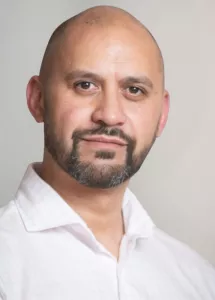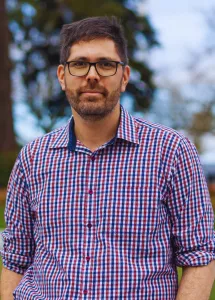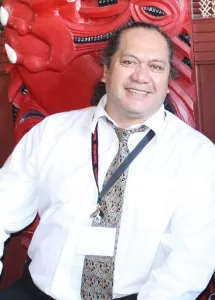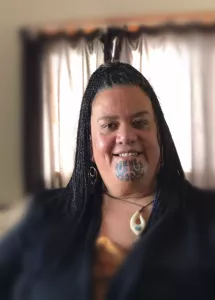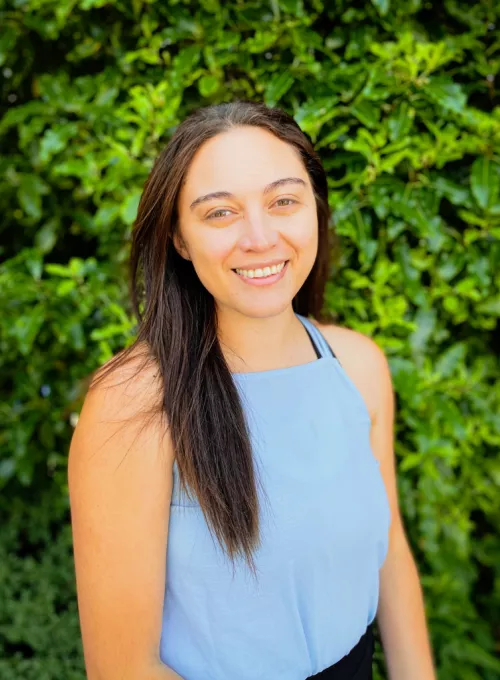
Ko Whangatauatea tōku maunga
Ko Karerekura tōku moana
Ko Ngātokimatawhaorua tōku waka
Ko Te Rarawa tōku iwi
Ko Ngāti Moroki tōku hapū
Ko Samantha Feeney tōku ingoa
Sam is deeply committed to advancing equitable health and education outcomes for Māori students and their whānau. Passionate about transforming the health workforce to better serve and reflect Māori, she is driven by a desire to leave a legacy for a stronger Aotearoa and brighter futures for our mokopuna.
As the Director and Manager of the Māori Health Workforce Development Unit (MHWDU) at the University of Otago, Sam leads a team dedicated to championing Māori health workforce development and supporting taiura Māori through their tertiary health experience providing Māori values based tautoko. Building on the foundations laid by Zoe Bristowe and Joanne Baxter, the MHWDU supports Māori students into and through health and health professional studies, ensuring their success.
At its core, the MHWDU is committed to equity, working to create a health workforce that reflects and is responsive to Māori whānau, iwi, and communities. Since its establishment, the MHWDU has made significant progress, increasing the number of Māori students in health sciences from 150 in 2010 to 421 in 2024. This remarkable growth underscores the transformative impact of culturally responsive education programmes and a dedicated team committed to achieving equitable health outcomes.
The MHWDU team runs initiatives and educational programmes designed to recruit and support Māori students throughout their health sciences journey. These efforts help rangatahi Māori transition into tertiary education, excel in their studies, and complete their degrees, empowering them to contribute meaningfully to Māori health.
In addition to her role with the MHWDU, Sam works alongside the Kōhatu team at the University of Otago, contributing to curriculum design and teaching Hauora Māori within the Dunedin School of Medicine and other health sciences programmes. Her teaching equips future health professionals with the skills to engage effectively with whānau and drive positive change in Māori communities.
Before becoming Director of MHWDU, Sam served as Programme Coordinator for the Tū Kahika Scholarship Programme from 2015 to 2022. Tū Kahika provided a supportive whānau environment for rangatahi transitioning into tertiary education, serving as a highly effective model for addressing inequities. Sam takes immense pride in seeing former Tū Kahika students graduate and make significant contributions to health policy, strategy, curriculum development, and accessibility nationwide. Their work now shapes Māori health and embodies the enduring impact of the programme.
Updated 31 December 2024
